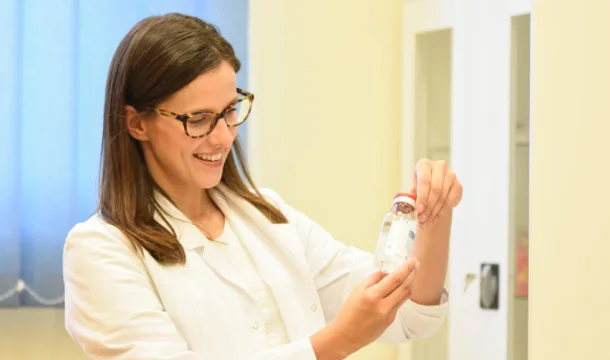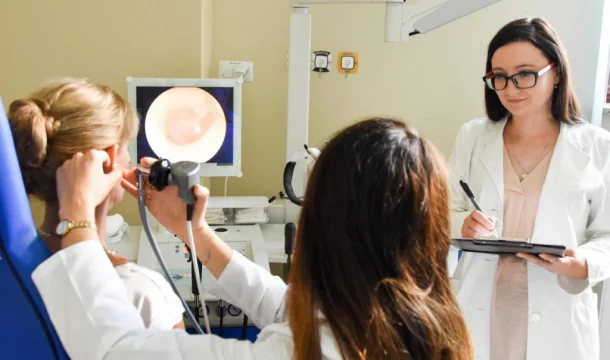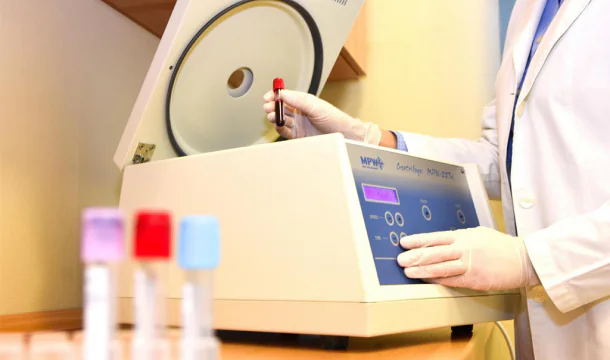What is a clinical trial?
A clinical trial is a research program involving patients (study participants), within which the safety of use and effectiveness of a given medicinal substance/medical device are verified.

Every new substance or technology, before being registered and introduced to the market, is first subjected to very detailed and rigorous tests. Therefore, patients who participate in a clinical trial are under constant control of medical personnel to report their health status. Any deviations from the norm that appear are also included in the medical documentation of the study participant. Based on the analysis of the results obtained during the clinical trial, it can therefore be concluded whether a given product meets the safety and efficacy requirements, which then provides a basis for its market introduction.

Who can participate in a clinical trial?
Information about who can participate in the study is contained in the clinical trial protocol. It specifies the so-called inclusion and exclusion criteria.
Whether a given person qualifies for a specific study and can therefore participate in it, is decided by the physician, who is referred to as the researcher in clinical trial nomenclature. He also has the obligation to inform every willing person about the potential benefits and risks associated with the given study, and to answer all patient questions.
What are the duties of the patient participating in the study?
The patient’s signing of informed consent to participate in the study obliges them to adhere to the guidelines appropriate for the specific clinical trial.

Depending on the given study, the obligations placed on patients may vary. The most common tasks of a participant include, among others, taking the medication according to recommendations, attending follow-up visits, informing about the occurrence of alarming symptoms, keeping a diary for monitoring specific parameters, filling out health questionnaires, etc. However, at any point during a clinical trial, it is possible for a participant to withdraw from further participation.

Our mission
Utilizing our experience and the potential of a specialized medical entity, which is the Center of Hearing and Speech MEDINCUS, we wish to actively participate in the development of medicine and thereby in raising treatment standards.
This is possible thanks to the chance of improving the health of patients participating in individual studies, and consequently, also the entire population struggling with a given disease.

